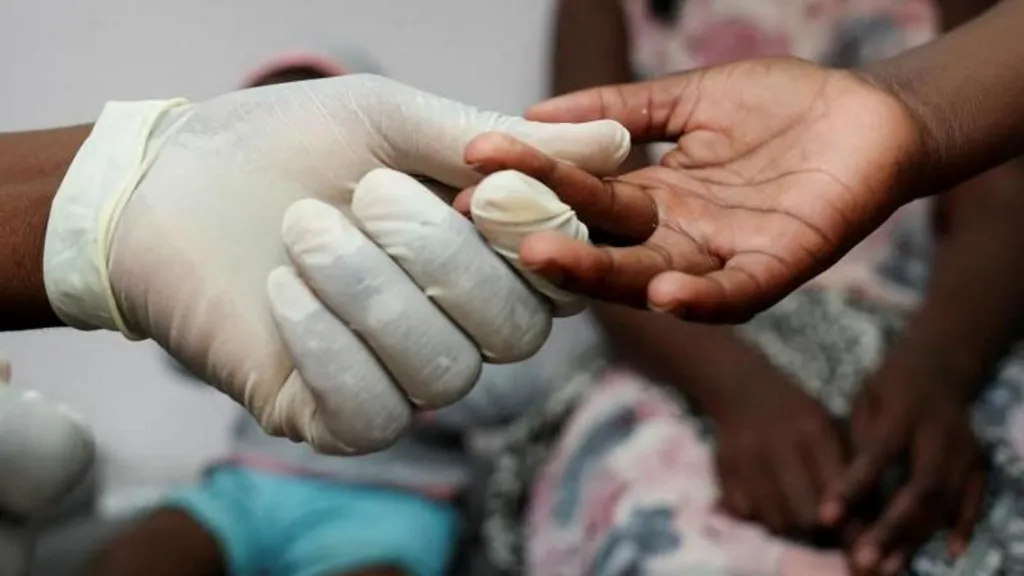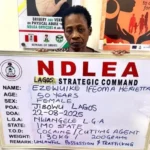Gugu used to collect her antiretrovirals from a USAID-funded clinic in central Johannesburg.
But when President Trump’s cuts to aid funding were announced earlier this year, she and thousands of other HIV-positive patients across South Africa suddenly faced an uncertain future.
Gugu was lucky, the clinic where she got the medication that helps suppress her symptoms contacted her before it closed down.
“I was one of the people who was able to get their medication in bulk. I usually collect a three-month prescription. But before my clinic closed, they gave me nine months’ worth of medication.”
She will run out of antiretrovirals (ARVs) in September, and then plans on going to her local public hospital for more.

A former sex worker, the 54-year-old found out she was HIV-positive after she’d quit the industry.
Ten years ago she got a chesty cough, and initially thought it was tuberculosis. She went to a doctor who told her she had a chest infection and treated her for it.
But when the treatment failed, she went to a clinic to get an HIV test.
“By then I already assumed that I was HIV-positive, and I told the nurse this.”
She was right, and she has been on ARVs ever since. We’re not using her real name at her request.
She currently works as a project coordinator for an NGO.
“We help pregnant sex workers get their ARVs, to ensure their children are born HIV-negative. We also do home visits to make sure that the mothers take their medication on time, and to look after their babies when they go for their monthly check-ups.”
Many HIV-positive sex workers in South Africa relied on private clinics funded by the US government’s now-defunct aid agency, USAID, to get their prescriptions and treatments.
But most of the facilities closed after US President Donald Trump cut most foreign aid earlier this year.



